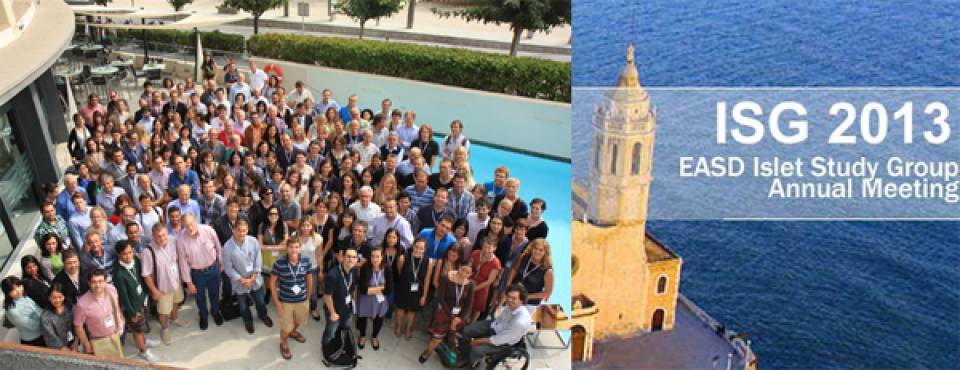Regeneration of pancreatic beta cells is a therapeutic option for diabetes which could improve the management of the disease that many patients currently treat with insulin injections. Therefore, one of the main challenges that were discussed at the meeting is the way to obtain beta cells. Some advanced opportunities are the regeneration of beta cells from endogenous progenitors, regeneration through transdifferentiation of other pancreatic cell types and differentiation from stem cells. Some teams try to differentiate beta cells from other tissues. All those methods aim to get an unlimited amount of cells for transplant. The transplantation of beta cells that produce insulin is already used in very complicated cases of diabetes, but the tissue from deceased donors is very scarce.
Another debated area of research was the genome regulation in cells that produce insulin. This has implications in the field of regenerative medicine, because by modifying the genome expression it might be able to control cell differentiation. It is also relevant to understand the results of GWAS studies (Genome-Wide Association Studies) to analyze in detail the genetic susceptibilities which will facilitate a personalized therapy for patients with diabetes mellitus. During the Symposium unpublished studies were presented which demonstrate how variations or mutations in genome sequences that affect gene regulation may lead to diabetes or obesity.
The meeting very successful, requiring a second registration phase to accommodate over 200 professionals who attended it from Europe, USA, Japan, Australia and South Africa. Among the participants were worldwide representatives devoted to basic and clinical research, as it is a cross-disciplinary translational research field. The celebration of this event was possible thanks to its sponsors: Lilly, Novo Nordisk and Sanofi.

